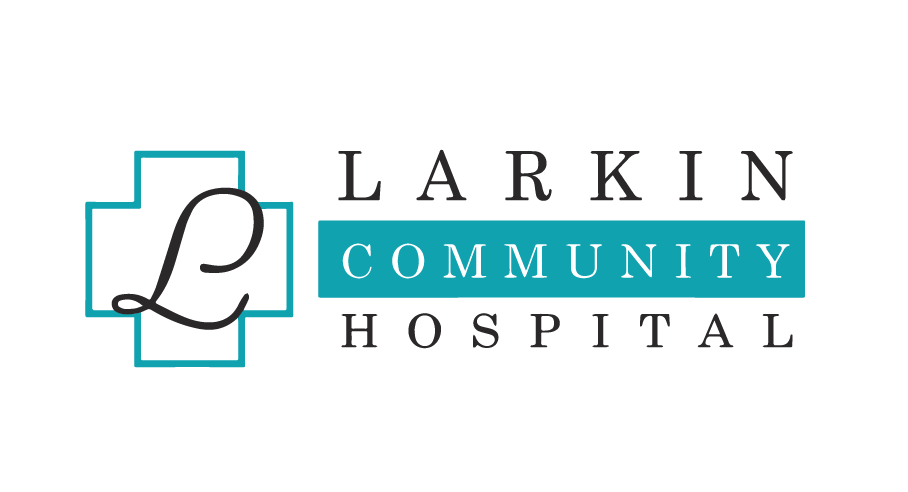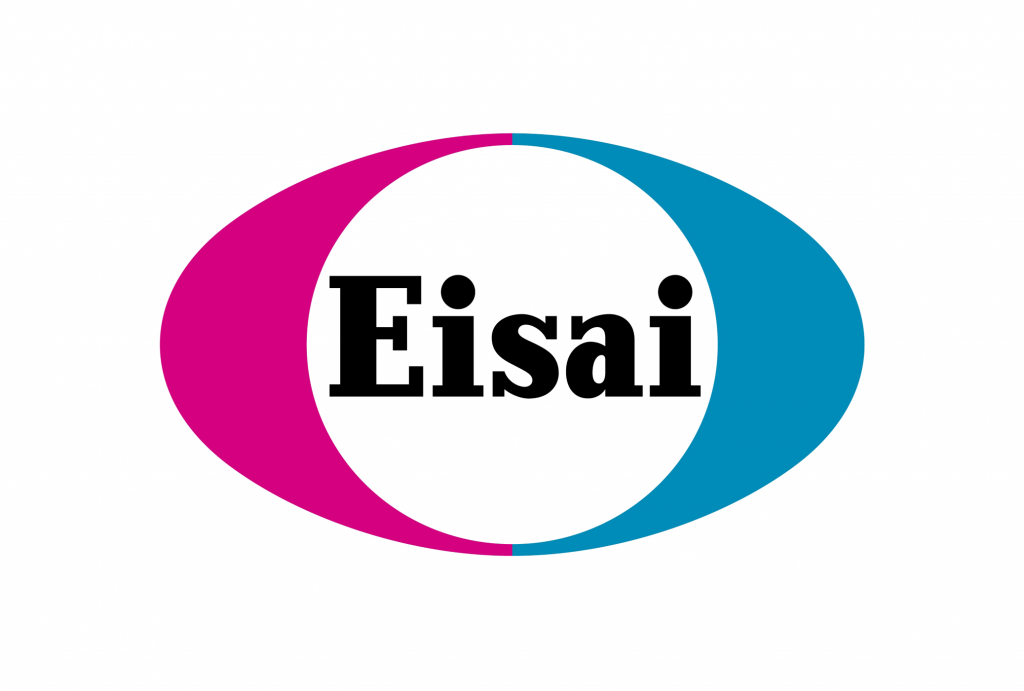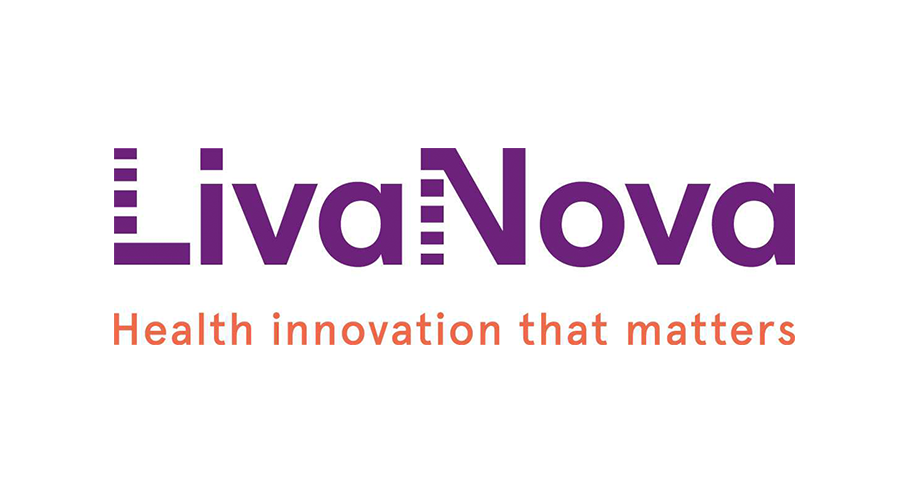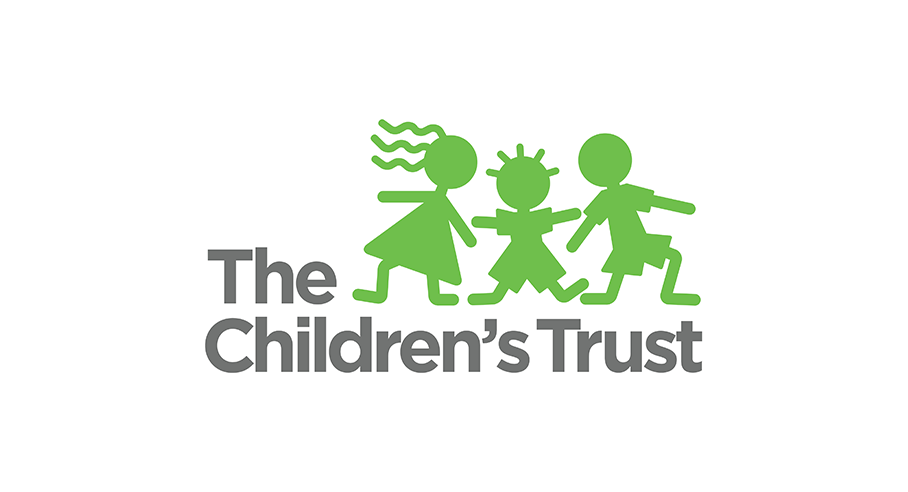Article originally featured on Statnews.com
The University of Notre Dame accepted James for this year’s freshman class. It was his first choice for an undergraduate education. No financial issues blocked him from going, no last-minute academic problems emerged during his final days of high school. But James is not attending Notre Dame; he is now a student at another top university. He was forced elsewhere because Notre Dame insisted that, to join the class, James (not his real name) had to increase his risk of dying.
James has epilepsy. When struck by convulsions, he falls unconscious for as much as three minutes, loses control of his bladder and bowels, and often vomits. Afterward, he remains disoriented for some time, unable to speak, with the right side of his body partially paralyzed. His condition is covered by the Americans with Disabilities Act, the 1990 anti-discrimination law that required Notre Dame — which did not know about James’s epilepsy when he was accepted — to accommodate needs presented by the seizures. A small modification was required to protect James’s life, but the school invoked an ADA loophole, proclaiming that the changes he sought imposed an “undue burden” on Notre Dame.
The burden? James couldn’t live with a roommate. This was not preference; it was necessity. “An absolute priority for [James] is a consistent, uninterrupted sleep schedule,” James’ neurologist wrote to the school. “While I understand that many schools wish to immerse their freshman in dorm life and pair them up with a roommate or roommates, this will only serve to increase James’s risk of seizure activity.” The doctor also laid out the stakes for James, saying a seizure could have “potentially deadly consequences.”
In a letter to James, Ryan Willerton, an associate vice president at Notre Dame, accepted the concerns of James’s neurologist. But, Willerton said, the school would not budge: James had to ignore the threat to his health and possibility of death, or go elsewhere. Willerton wrote that living with a roommate fostered values sought by the university, including “a collective sense of care and concern for the common good and service to others.” To allow a student to avoid those goals out of health concerns, Willerton wrote, “would create an unreasonable burden on the University,” the magic words that allowed the school to claim the ADA did not apply. (I was privy to these documents because an epilepsy advocate asked me to review the case and contact James’ family.)
Neither Willerton, other Notre Dame officials involved in the decision, nor a school spokesperson returned my messages seeking comment back in August, or again last week.
James withdrew from Notre Dame. His second choice accommodated his needs. When he called that university’s office for disabled students and began to describe the issue, they immediately offered him a single room; he didn’t even need to ask.
Notre Dame’s demand — increase your risk of dying or leave — is the type of below-the-surface discrimination imposed by some universities and employers on people with epilepsy, a condition greeted in society with ignorance and fear. “For many people with epilepsy, the continuing social reality of their condition is as a stigma,” wrote Ann Jacoby, professor of public health and policy at the University of Liverpool, and Joan K. Austin, at the Indiana University School of Nursing.
Studies show as many as half of all people with epilepsy have confronted stigma based on their condition. In a national survey, many Americans said they were frightened to be alone with seizure-prone people, who they believe are unreliable, less likely to be successful at work, and should never marry.
The list of companies and schools that have engaged in discrimination against those with seizures is extensive. Public schools, colleges, nursing schools, law schools, and more have all settled cases involving discrimination against people with epilepsy in violation of the ADA. Companies large and small have been found to engage in similar behavior.
When subjected to discrimination, many people with epilepsy like James silently move on, trying to keep their pain and stigmatized health problems hidden, hoping the experience won’t be repeated at the next school or the next employer. I have met many of these secretly aggrieved people, and for good reason.
I am one of them.
I was thrown out of Swarthmore College in 1981, during my junior year. My grades were good, my daily life complete. Eight weeks before my eviction, my neurologist started me on a medication that provided much better control of my seizures. After two years of hiding in my room to avoid public embarrassment, I began walking the campus. More students became aware of my epilepsy when I had two convulsions in public.
On the night of my dismissal, a school official told me that I had to leave because Swarthmore “had an obligation to parents who paid for their children to have a normal education.” Weeks later, in a phone call I surreptitiously taped, a senior administrator stated bluntly that I had been kicked out because of my seizures.
It’s almost impossible to convey the emotional wreckage inflicted by institutional discrimination based on an uncontrolled health problem. The tormenters often argue — as they can’t with racial or religious discrimination — that their decision is beneficial, giving someone with a chronic illness time to seek a cure, even if it’s one that will never come.
The pain stemming from my college eviction — and from being driven out of a new job on my first day, hours after my employer learned of my epilepsy — has haunted my life. For decades, I have faced a constant fear that the life I have worked to build could disappear overnight because of cruelty or ignorance about epilepsy. And I fear for the impact on others like me.
Even though James landed at another school, Notre Dame’s blasé disregard of his circumstances, its willingness to force him out because of who he is, could cause him long-term pain.
After I was evicted from Swarthmore, Section 504 of the Rehabilitation Act of 1973 was of little help to me. The ADA, which was passed in 1990, hasn’t been much help for many of those faced with prejudice based on disability except in cases of overt discrimination. In my more recent conversations, the victims of discrimination were covered by the ADA. No one I know filed a lawsuit, all fearing that doing so would wreck their lives.
I understand why. After being tossed out of Swarthmore, I wanted to return — to be with my friends, to attend my classes, to be the person I chose to be. If I attended some other school, I would be a stranger to my classmates, and I knew I likely would experience a seizure within a few weeks of starting classes. At that point, I would immediately become “the epileptic” at the new school, instead of being “Kurt with epilepsy” to my peers at Swarthmore.
I consulted officials at the Department of Health and Human Services, who were charged with enforcing the anti-discrimination law, as well as a civil rights attorney. All gave the same advice: I should not return to Swarthmore. Even though they could technically force the school to take me back, they said I would almost certainly have a target on my back. By allowing me to return, the school would be admitting that I always had been qualified for the educational program. Officials might fear I could sue them at any time, with the readmission being evidence of discriminatory intent in the original dismissal.
All it would take for the school to dodge liability, one government investigator told me, was to flunk me. He told me of an instance where, after the government forced a school to allow a student with a disability to return, an administrator pressured professors to fail the student to ensure any litigation would be tossed out of court.
I decided to fight anyway, vowing not to file for a federal inquiry unless my efforts failed. After much effort and more than a few threats of legal action, I was readmitted, although administrators soon wrote a letter to my parents cautioning that I might be thrown out again because of my health.
I worked hard to catch up on my missing credits and graduated with my class. In 2005, the then-president of Swarthmore sent me a letter of formal apology for what the school had done to me 24 years before. Soon after, I was invited to give a speech at the college, for which I was paid the exact amount my family lost in tuition during the semester I had been sent away. And this year I was awarded an alumni lifetime achievement award by the school.
Swarthmore has done right by me, and now exhibits exemplary treatment of people with disabilities. Other institutions need to follow that example.
Notre Dame: You know who James is. Apologize to him, in writing, just like Swarthmore did to me. Do not let your ignorance or intentional discrimination damage his life. I have no doubt, given all the challenges he has surpassed, he is destined for great things. You do not want your mistreatment of the disabled to be at the center of the stories he tells about Notre Dame for decades to come.
Kurt Eichenwald is an American journalist and author of five books, most recently “A Mind Unraveled,” a memoir about living with intractable epilepsy (Ballantine Books, October 2018).




































Post a comment